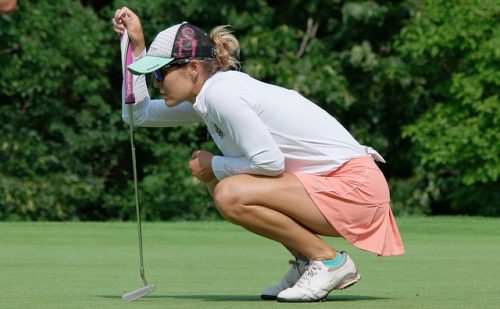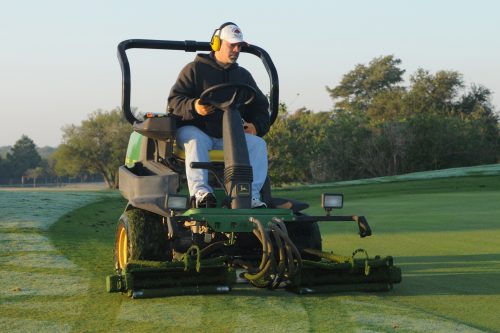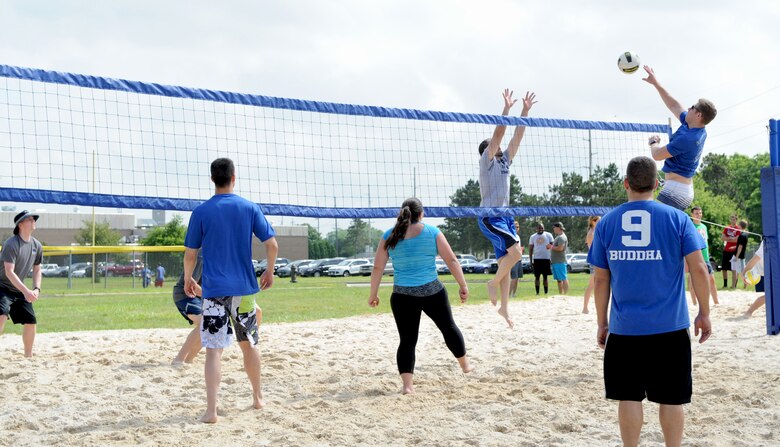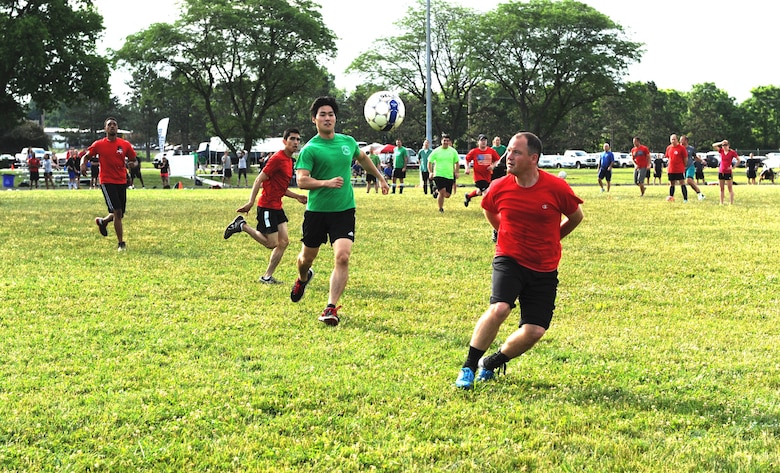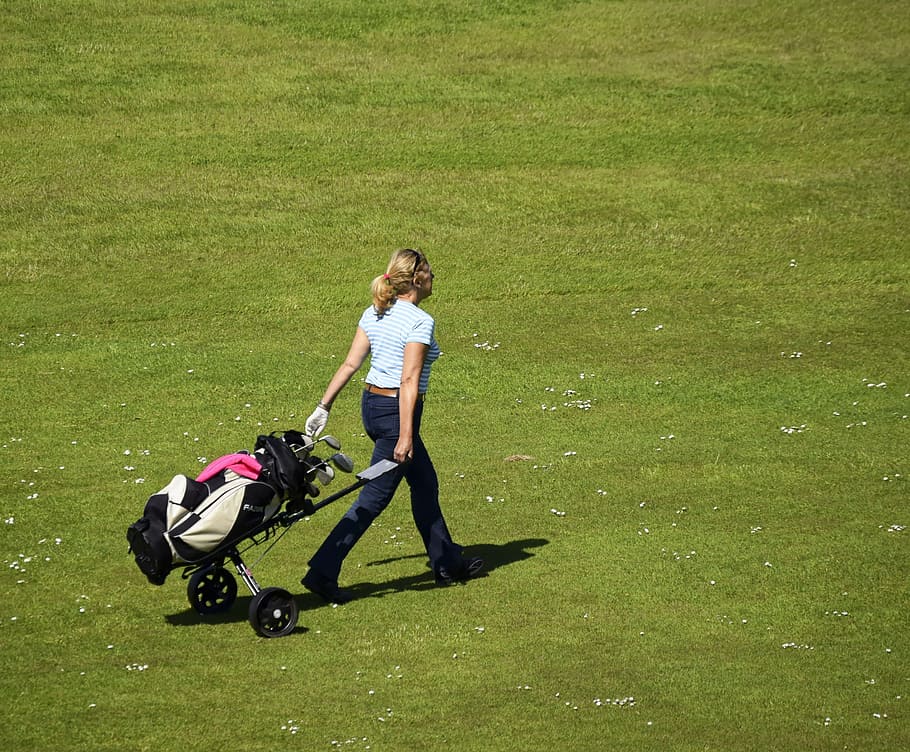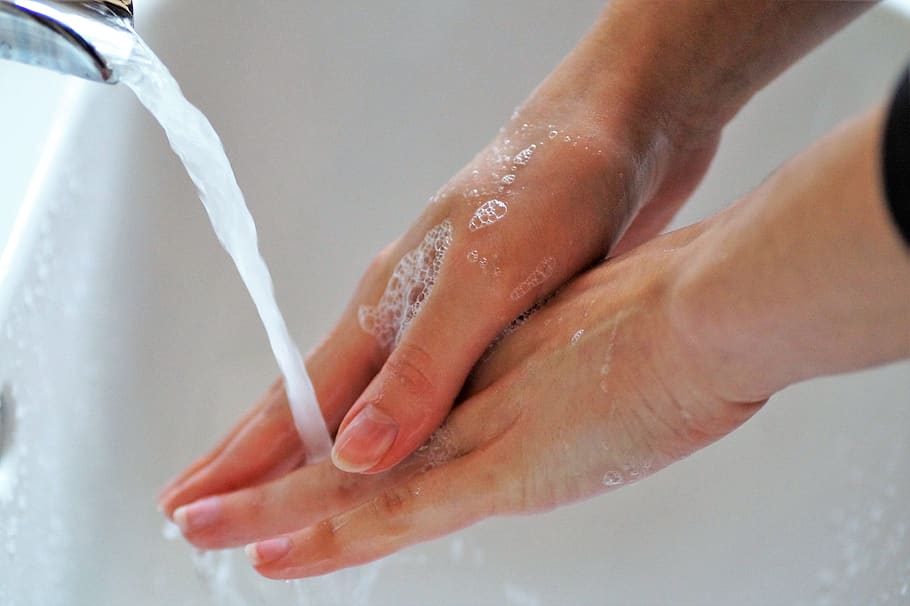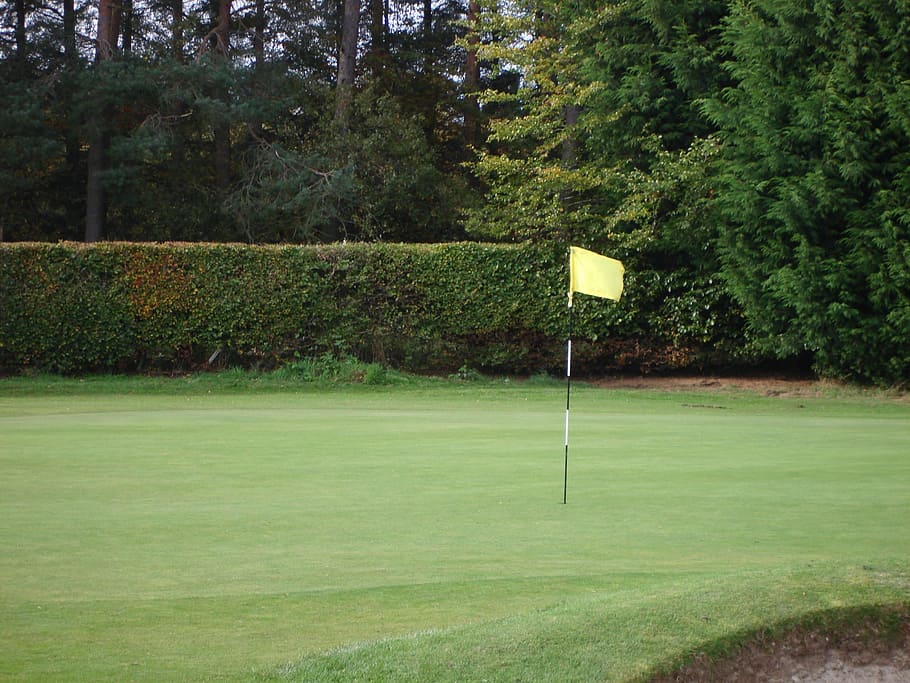As we journey through life, one thing becomes clear: staying active and engaged as we age is crucial for our physical and mental well-being. All across the U.S., younger and older people are catching on to the joys of golf, and it’s not just about the sport. It’s becoming a favorite way to stay active as we age.
So, let’s dive into the world of golf and see how it’s more than just a game—it’s a key to staying healthy, active, and fulfilled throughout our golden years.

The Role Of Golf In Promoting Active Aging
Golf is a fantastic sport for aging because it combines health enhancing physical activity with mental stimulation, social interaction, and the great outdoors. Let’s break down how it provides mental health benefits to active aging:
Physical Exercise
Golf is a low-impact sport that still provides a good amount of physical or aerobic exercise.
- Walking the course
- Swinging the club
- Bending down to pick up your ball
All this can contribute to improving flexibility, strength, and cardiovascular health. It’s a wonderful way to keep moving and stay fit without overworking your joints.
Mental Stimulation
Golf really tests your brain, demanding focus, a knack for strategy, and some serious problem-solving skills. As we get older, it’s key to keep our minds as fit as our bodies, and hitting the links is a perfect way to do just that.
You can keep your brain engaged by:
- Planning your shots
- Calculating distances
- Adapting to changing conditions
Social Interaction
Golf is a social sport. Teaming up for a game or joining a golf club is a great way to keep in touch with friends and make new ones, cutting down on those lonely vibes. The chit-chat and friendship you find on the green not only lift your spirits but also give you a sense of being part of something. It’s all about those good times and feeling connected.
Outdoor Enjoyment
Spending time outdoors is essential for mental and improved physical health and combat injury or mobility issues. Golf courses are often located in beautiful, natural settings, providing an opportunity to enjoy:
- Fresh air
- Sunshine
- The serenity of nature
Stress Reduction
Golf can be a relaxing and meditative experience. Focusing on the game helps to take your mind off stressors, providing a mental break and promoting overall emotional well-being.
Longevity
Regular physical activity, like golf, has been linked to a longer, healthier life. It’s a cool way to dodge chronic illnesses, alzheimer’s disease, and other cardiovascular disease, keep your weight in check, and really amp up your quality of life as you get older.
Skill Development
Golf is a skill-based sport that allows teens and seniors or older adults to continually improve and set personal goals. This sense of achievement and progress can boost self-esteem and motivation.
It’s important to note that golf can be adapted to suit the physical abilities of each individual. Some may prefer to use golf carts, while others may enjoy and benefit the walking the course. There are also adaptive equipment and modified rules for those with physical limitations.
Playing Golf – The Importance Of Physical Activity For Aging
Let’s talk about why physical activity is like the secret sauce for successful aging. Our bodies are like well-oiled machines, and they need to keep moving to stay in tip-top shape, especially as we get older.

-
Muscle Strength And Flexibility
First and foremost, physical activity helps maintain muscle strength and flexibility. Have you ever noticed that as you age, it’s a bit easier to lose muscle mass and get a little stiffer?
Regular exercise, like golf, can help combat that. It keeps those muscles strong and those joints flexible, making it easier to do everyday tasks without feeling like you’re running a marathon.
2. Weight Management
Another great thing about staying active is that it helps control our weight. As we age, our metabolism tends to slow down a bit, which can lead to those extra pounds creeping in.
But here’s the good news – by staying active, you can keep that metabolism revved up and maintain a healthy weight. Plus, it’s a lot more fun than counting calories.
3. Heart Health
Physical activity also does wonders for our heart and cardiovascular system. It keeps that blood flowing smoothly, which can lower the risk of heart attack or heart disease and high blood pressure. Your ticker will thank you for it!
4. Brain Boost
Now, let’s not forget about the brain. Physical activity isn’t just about muscles and bones; it’s a brain booster too.
When you exercise, your brain releases feel-good chemicals like endorphins, which can help reduce stress and improve your mood. Plus, it keeps your cognitive function sharp, helping you stay mentally agile as you age.
5. Balance And Fall Prevention
And here’s a bonus – staying active can help improve your balance and reduce the risk of falls. That’s a big deal because falls can lead to serious injuries, and we want you to stay safe and sound.
When it comes to aging like a pro, remember that physical activity is your best buddy. Whether it’s a round of played golf, a stroll in the park, or dancing in your living room, find what you enjoy and keep moving.
Your body and mind will thank you for it, and you’ll be well on your way to a healthier and more active aging journey.
Active Aging And Mental Health
Let’s dive into how staying active plays a crucial role in keeping your mind sharp and your mental well-being in check. It’s not just about physical fitness; it’s about mental fitness too!
Stress Reduction
Have you ever noticed that after a round of golf or a nice walk, you feel more relaxed? That’s because physical activity is an excellent stress buster. When you get moving or play golf, your body releases those feel-good chemicals called endorphins. They’re like your brain’s own natural mood lifters. So, if you’re feeling stressed or anxious, getting active can help you find your Zen.
Improved Mood
Exercise, like golf, also helps improve your overall mood. It’s like a dose of happiness. When you’re physically active, your brain releases serotonin, which is a neurotransmitter that makes you feel good.
So, if you’re looking for a way to boost your spirits, put on those golf shoes and hit the course!
Social Connection
Remember how we talked about golf being a social sport? Well, that social aspect is a significant boost to your mental health. Interacting with friends, non golfers, and fellow older golfers on the course can combat feelings of loneliness and isolation. Those connections and conversations are like a tonic for your mental well-being.

Cognitive Function
Researchers reported that physical activity isn’t just good for your lower and upper body; it’s a brainiac too! Regular exercise, like golf, can enhance your cognitive function, improve hand eye coordination, and provide better balance. It keeps your brain:
- Active
- Alert
- Ready for action
So, if you want to stay mentally sharp as a tack, consider making physical activity a regular part of your routine.
Sense Of Accomplishment
Let’s not forget about the sense of accomplishment that comes with being active. Whether you’re improving your golf swing or hitting a personal fitness goal, setting and achieving these milestones can boost your self-esteem and sense of purpose.
When we talk about active aging, it’s not just about staying physically fit; it’s about nurturing your mental health too. Golf and other forms of exercise offer a holistic approach to aging well – keeping both your body and mind in fantastic shape.
How Golf Can Boost Your Quality Of Life
Now that we’ve talked about the physical and mental health benefits of golf, let’s explore how this sport can truly enhance your overall quality of life as you embrace active aging.
1. Enjoying The Great Outdoors
Imagine yourself standing on a lush green fairway, the sun warming your skin and providing vitamin D, and a gentle breeze ruffling your hair. Golf lets you bask in the beauty of the great outdoors. It’s like a mini-vacation every time you step onto the course. Getting out into nature while playing golf can really lift your spirits and bring you peace of mind that’s tough to find anywhere else.
2. Building Lifelong Friendships
Golf’s more than just a game—it’s a way to bring new golfer, children, teens, and healthy older adults together. Whether you’re hitting the links with your old pals or meeting new ones on the fairway, the bonds you build during a round of golf can stick with you for life. These friendships are an absolute treasure, enriching your life in countless ways and giving an improved balance. They become your rock, providing unwavering support through life’s twists and turns as we grow older together.
3. Stress Relief And Relaxation
Life can be hectic, but golf offers a welcomed escape. The focus required to line up that perfect putt or drive that ball straight down the fairway can be incredibly calming. It’s like a form of meditation that sweeps away all your worries, allowing you to fully immerse yourself in the present moment.
4. Healthy Competition And Achievement
Golf really pushes you to keep getting better. Whether you’re aiming to lower your handicap or just beat your own record, setting those goals brings a real sense of achievement. Embarking on this never-ending journey of improvement keeps you motivated and injects a thrilling spark into your life. Besides, it is easily accessible.
5. Lifelong Learning
Golf is all about skill, strategy, and that delicate touch. There’s always something to work on or a new trick to master, like getting out of a tough bunker or figuring out when to use each club. It’s this never-ending journey of learning and polishing your game that keeps your brain on its toes and sparks your curiosity.
6. A Source Of Fun And Laughter
Let’s not forget the joy of those unexpected moments on the golf course – a colorful bird, a well-placed shot, or even a friendly bet.
These moments of fun and laughter can add zest to your life, making every round of golf a memorable adventure.
To Wrap Up
Golf is an amazing game that keeps both your mind and body in tip-top shape. It also opens up a great way to bond with others and really enjoy the beauty of being outdoors. As we grow older, finding activities that add joy and zest to our lives becomes crucial, and golf fits the bill perfectly!
Frequently Asked Questions (FAQs)
How can golf contribute to a healthy lifestyle?
What are social benefits of golf?
What is the relationship and protective effects of golf on physical and mental health?
Can golf be good for the environment?
What are the social benefits of active participation in sports?
What is the social benefits of physical activity?
What are the benefits of social activity?
Is golf a relaxing sport?
Is golf a physical or mental sport?
Why is golf a unique sport?
Can golf help with stress?
Is golf an active sport?
Is golf a mentally challenging sport?
How can I be mentally strong in golf?







 Source:
Source:  Source:
Source:  Source:
Source: 

